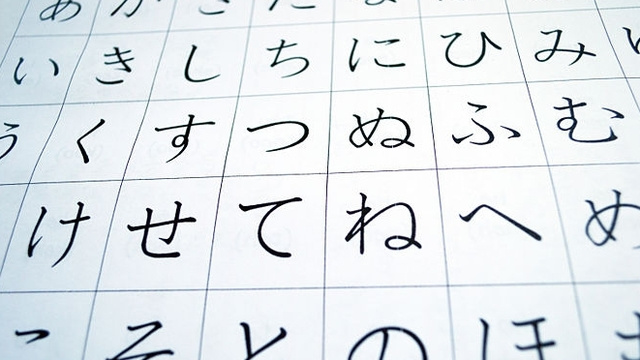- Past tense
- Present tense
5 Facts You Need To Know About the Japanese Language

There are various dialects of Japanese that are spoken by Japanese people all across the world. These dialects slightly differ in grammar and conjugation of verbs. The true origin of the Japanese language is still not known. The Japanese people did not have access to any written language prior to being exposed to the Chinese language. After being introduced to Chinese, educated people in Japan started to learn how to write and speak Chinese and later on they started developing their own language from Chinese characters. Japanese is a very unique language. Though it does not have much similarity with other languages, it has been influenced by other languages and has borrowed some words from other languages. There are a number of English words that the Japanese language has borrowed. Below are some of the amazing facts that you must be aware of the Japanese language. Only two verb tenses: The first amazing fact about the Japanese language is that it involves only two verb tenses i.e.
